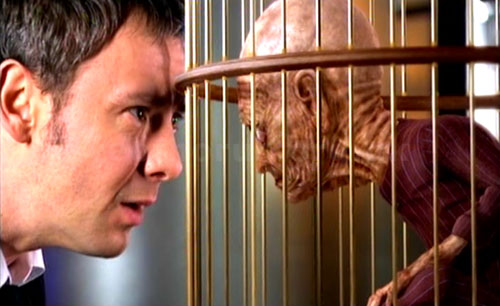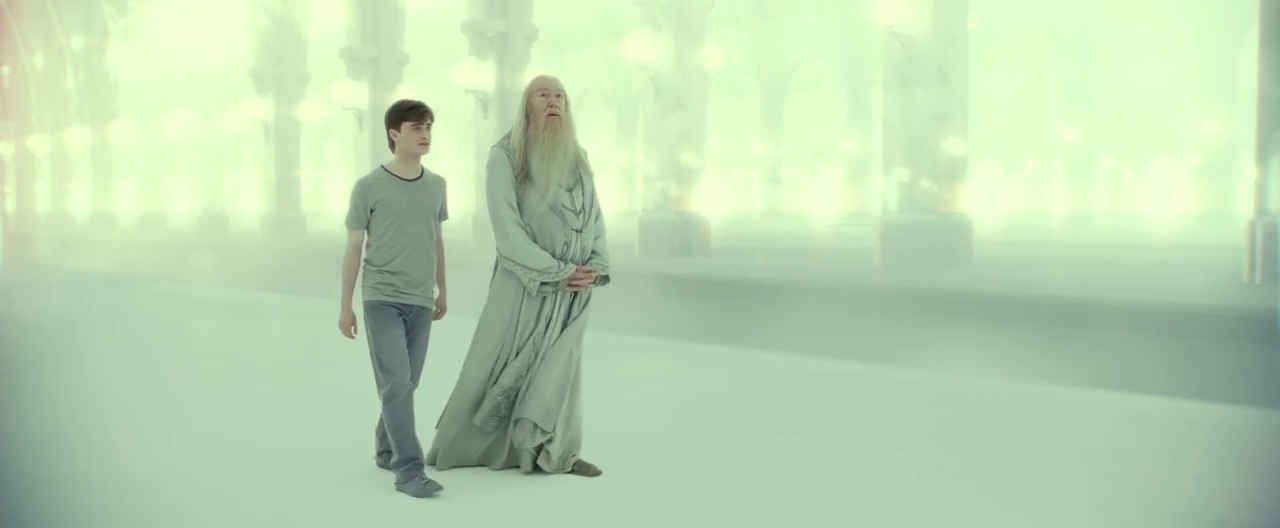mayhem
Mayhem, as you may have surmised from the Allstate commercials featuring the ironic personification of mayhem ("I'm a branch about to fall on your car", etc), is a willful and permanent crippling, mutilation or disfigurement of any part of the body - especially involving the loss of a limb or a digit. In other words, needless, willful damage or violence. Which brings us to Downton Abbey...
Several months have passed and I believe most of us Downton fans (or addicts, as the case may be) are aware of how the third series ended. Matthew Crawley, happily married and new, proud father, dies in a car crash. The final image is of lifeless Matthew, lying in a growing pool of blood, his eyes opened. Not moments before, he'd been holding his baby son. Naturally, this has sparked a wide range of outbursts from fans of the show. My father exclaimed, "he was the only one in that family who made sense!"
Dramatic death is the plot-mover and shaker in Downton. The show opened with the death of the then-heir Patrick on the Titanic. A few episodes later a young Turkish nobleman died suddenly in bed (whose bed being the compelling secret of the series). Series Two saw the first world war, bringing on the death of a beloved footman and Matthew's apparent paralysis (which he later miraculously overcame) and the Spanish flu which killed off Matthew's fiancee, Lavinia. Series Three saw Lady Sibyl die in childbirth, leaving behind her husband (the former chauffeur) and her baby daughter. Mayhem is unavoidable here, the life blood of the show.
 |
| Matthew Crawley's final moments with Mary and son |
It does seem remarkably unfair to have killed off Sibyl and Matthew in the same series, and neither instance was very pleasant. Yet, on a more pragmatic note, Jessica Brown-Findlay and Dan Stevens both wanted to move onto other projects once their contracts had expired. The story lines had to shift to accommodate them, even if devastating those of us who finally FINALLY saw joy come to their respective characters. If an actor feels the call of Broadway, as Mr. Stevens certainly has,
he should be free to follow that call wherever it leads him. We've seen this before: in The X-Files, Agent Mulder is abducted by aliens so that David Duchovny can focus on a film career; in Doctor Who, the Doctor has regenerated many times now*, a death loophole that frees the actor but lets us keep the character in a brand new incarnation; Tasha Yar in Star Trek: The Next Generation; Charlie in Lost; Daniel Jackson in Stargate SG-1... the list goes on...
 |
| The Tenth Doctor regenerates. |
The ordinary mayhem of non-renewed contracts brings opportunities for the creative minds behind these shows. Interesting opportunities. Story, in whatever form, has the unique ability to shift direction, flexible and resilient against such challenges. It shows me that any obstacle I may encounter with a plot line in my own fiction is not The End of All Things, but a chance to bend the story onto a new vector I had not considered. It's a matter of realizing - hey, there's a dead-end here, but I can 1.) build a door right here, or 2.) find that secret passageway I know is hidden around here somewhere... what a thrill to find the solution right there, waiting.
For Downton, rumor has it that the fourth series will focus on the grief and recovery of Lady Mary, Matthew's widow. As an aside, I have a soft spot for haughty, stern, self-righteous Mary; as a character she has grown through her mistakes and her sorrows. And the question now can be about her ability as a character to grow stronger from this tragedy... remaking her, revitalizing her and revivifying her as her story continues on.
Matthew's exit is unavoidable but may contain blessings in disguise. The creator of Downton Abbey, Julian Fellowes, remarked that the happy Matthew had to go, because happiness is next to impossible to write. And to this end, killing Matthew when he was at the peak of happiness seems to have been the best option. He died happy and a success, instead of fading away out of monotony or boredom into a shadow of himself. Explaining Matthew away in a divorce would be cruel judging from the richness of the story he and Mary have shared for the last three years.
If the spirit of the story is preserved, if other characters are allowed to grow in new ways to become better versions of themselves, then I look forward to the fourth series of Downton Abbey. Even if more mayhem awaits us in the form of stock market crashes and love affairs.
* On terms of Doctor Who - a totally different animal - there were similar reactions when David Tennant left the show. The Doctor, having been fatally dosed with radiation to save a companion, regenerated dramatically into Matt Smith's Doctor. While at the very core he is the same man, alive, well and frenetic as ever, something very real died in his explosive regeneration. His is a death: a chapter closed and forever cut off from new adventures. (... unless they involve the fiftieth anniversary special, that is. Doctor Who is infamous for its loopholes.) But, as we are reminded by the watchful Ood Sigma, the story itself does not end. Doctor Who simply experienced a changing of the guards: new Doctor, new head writer and producer (Stephen Moffat). It was the same and not the same, and that is okay.







